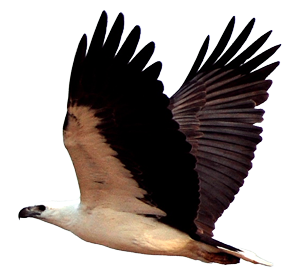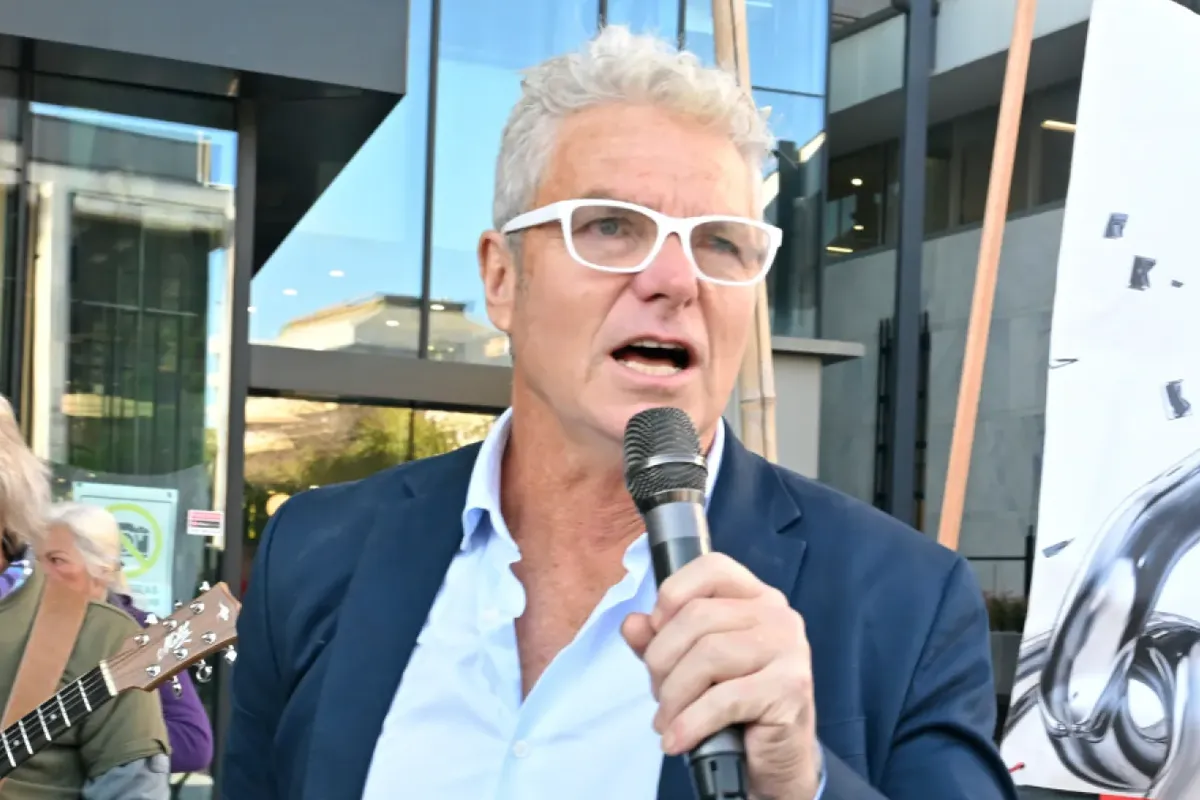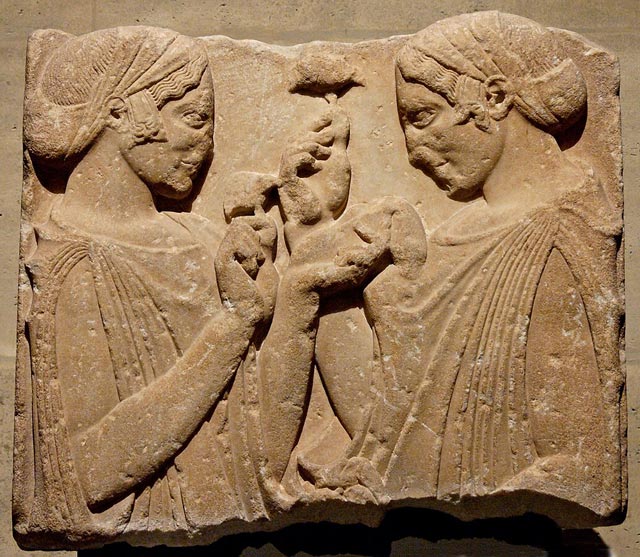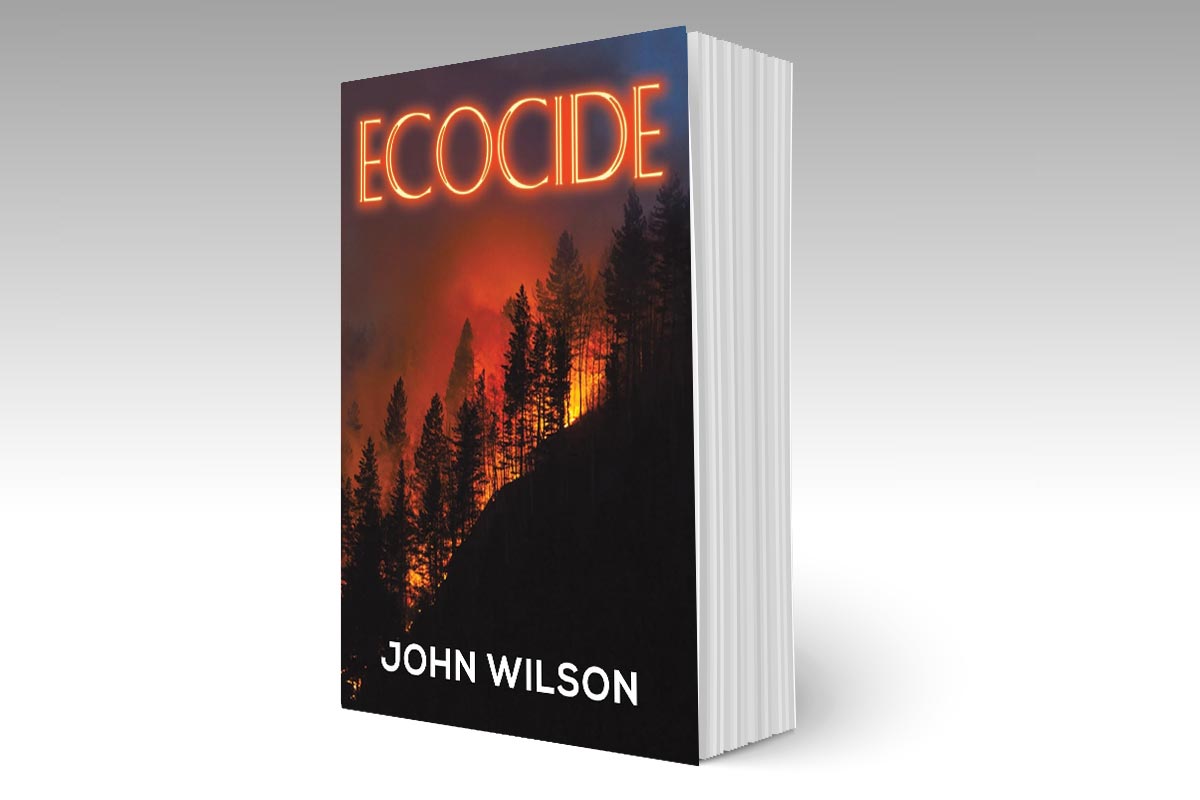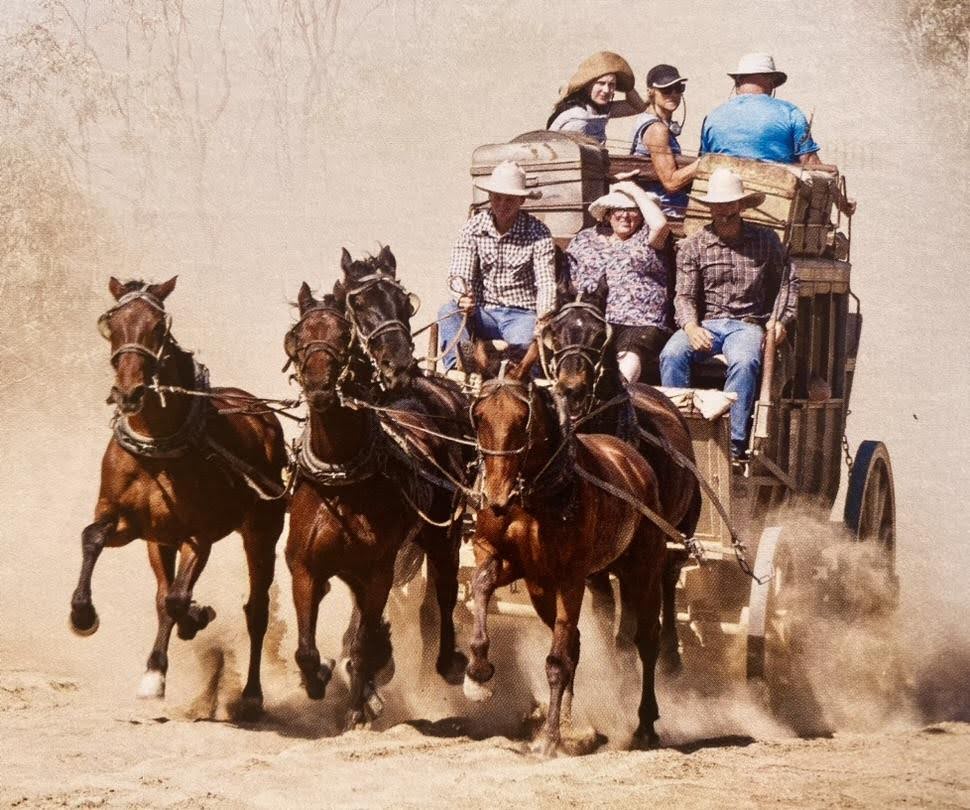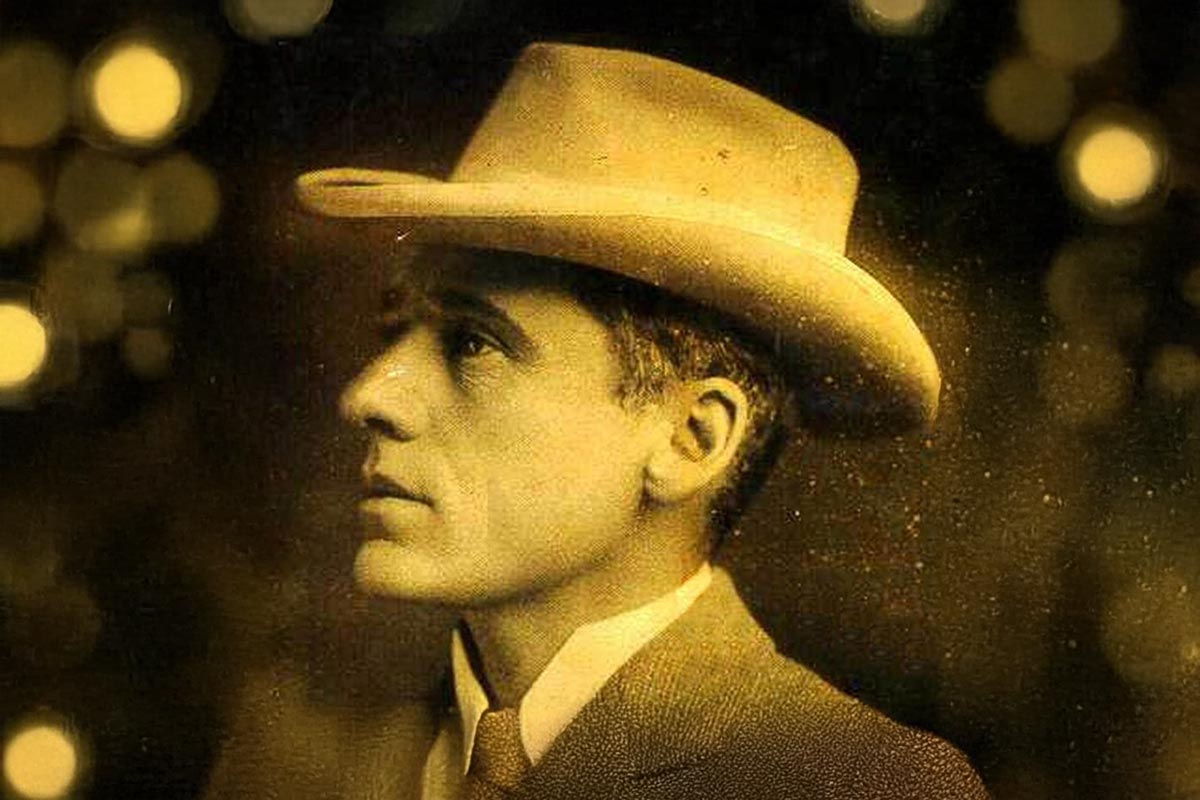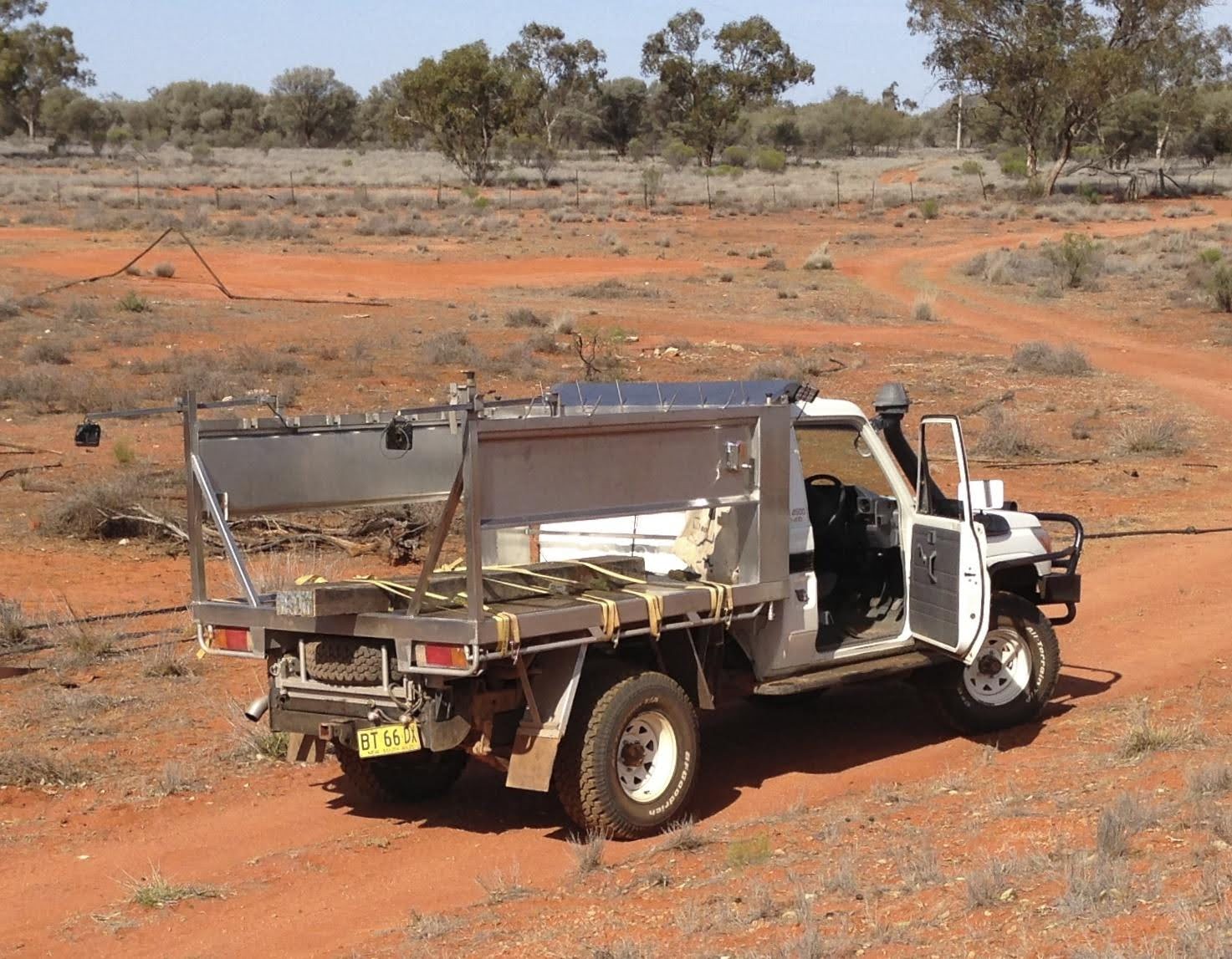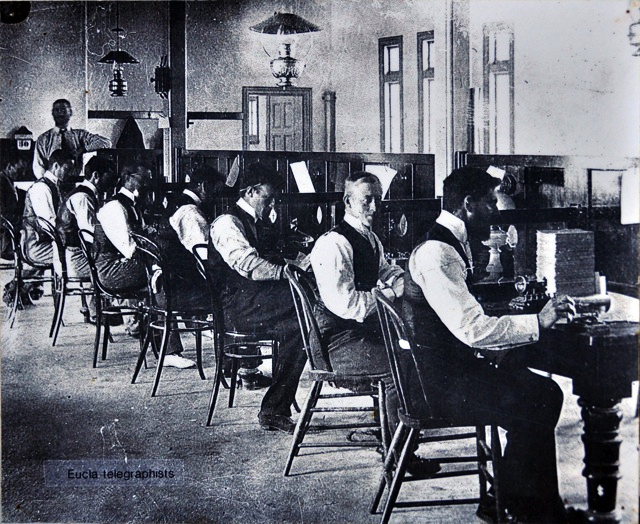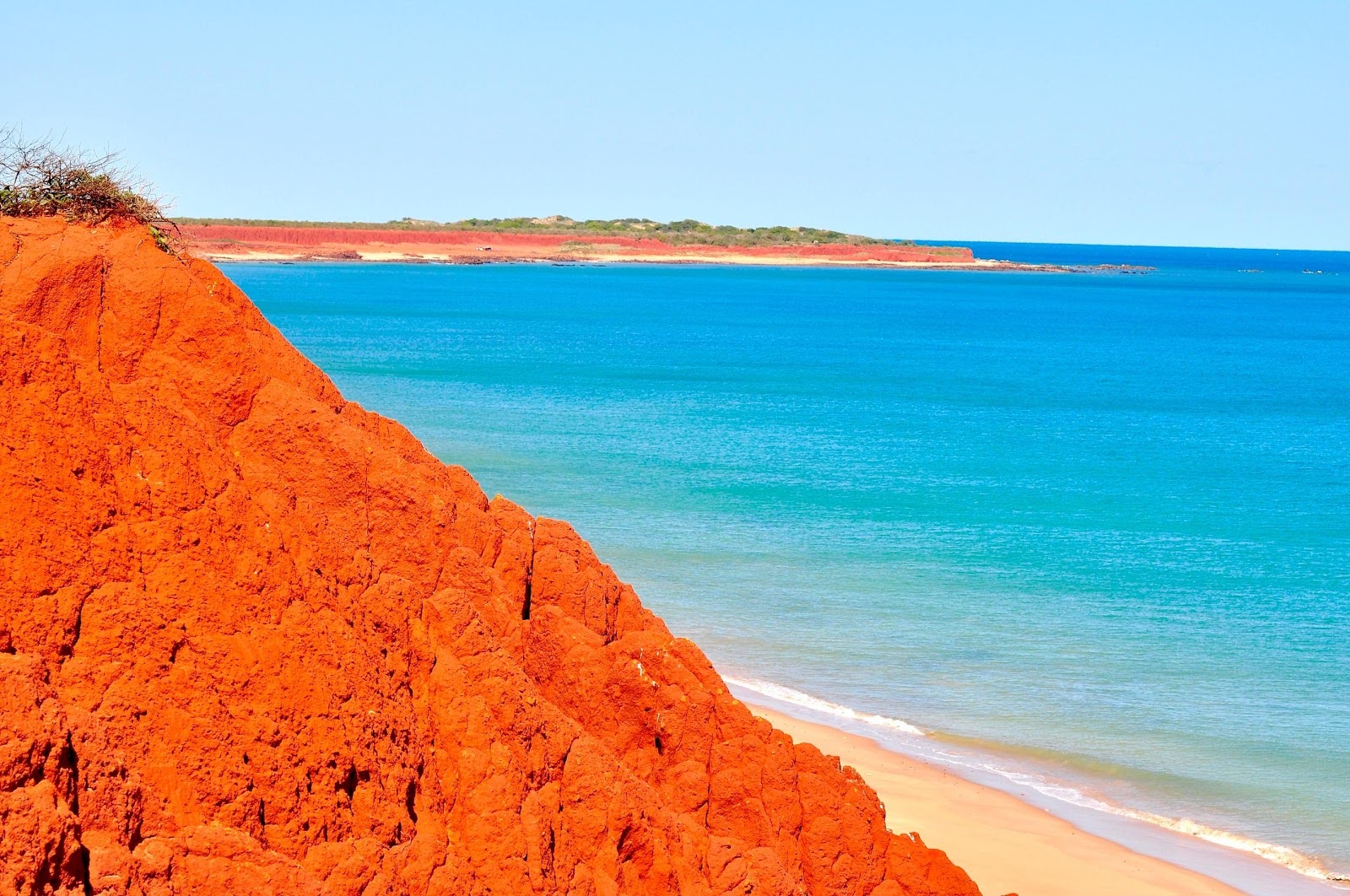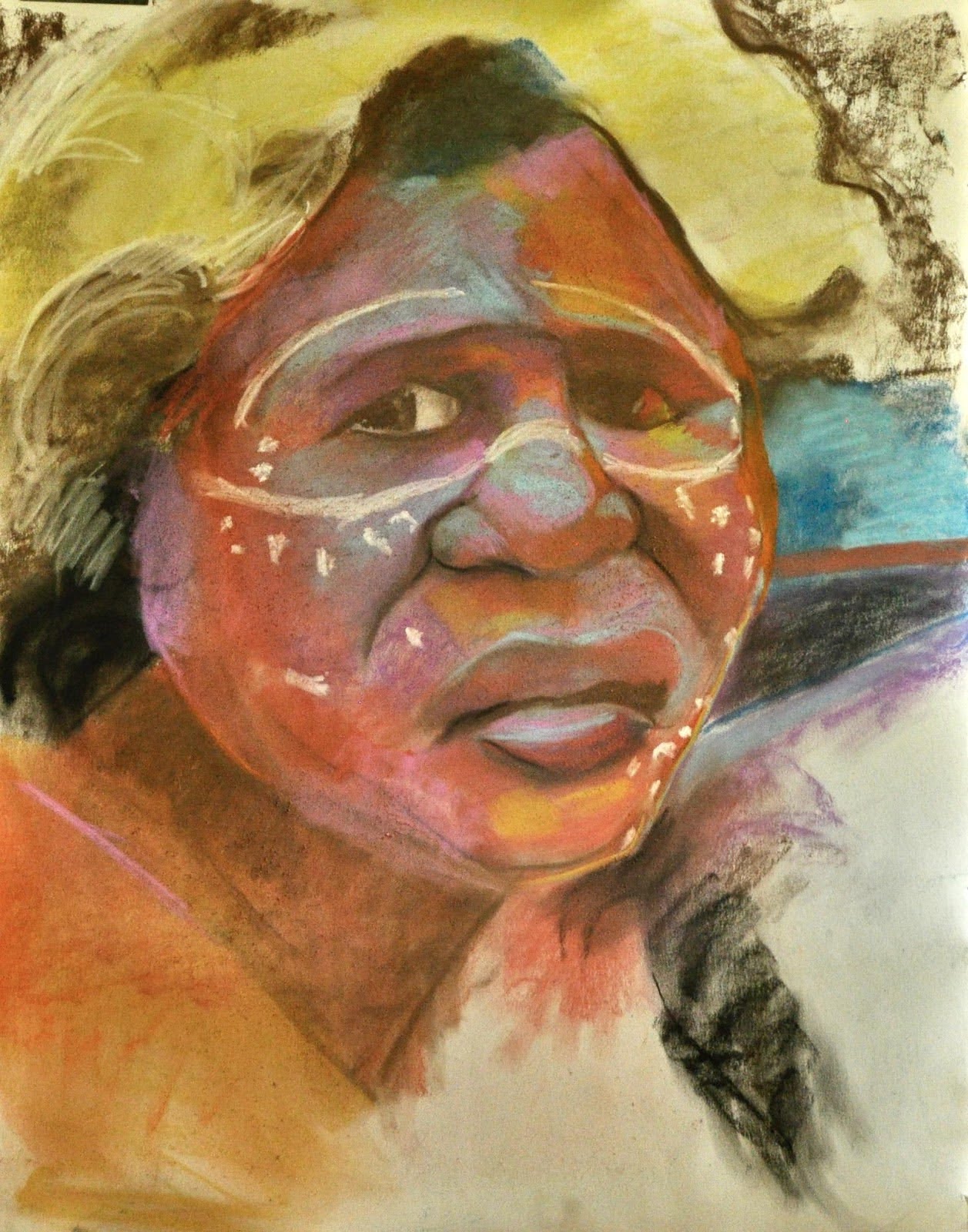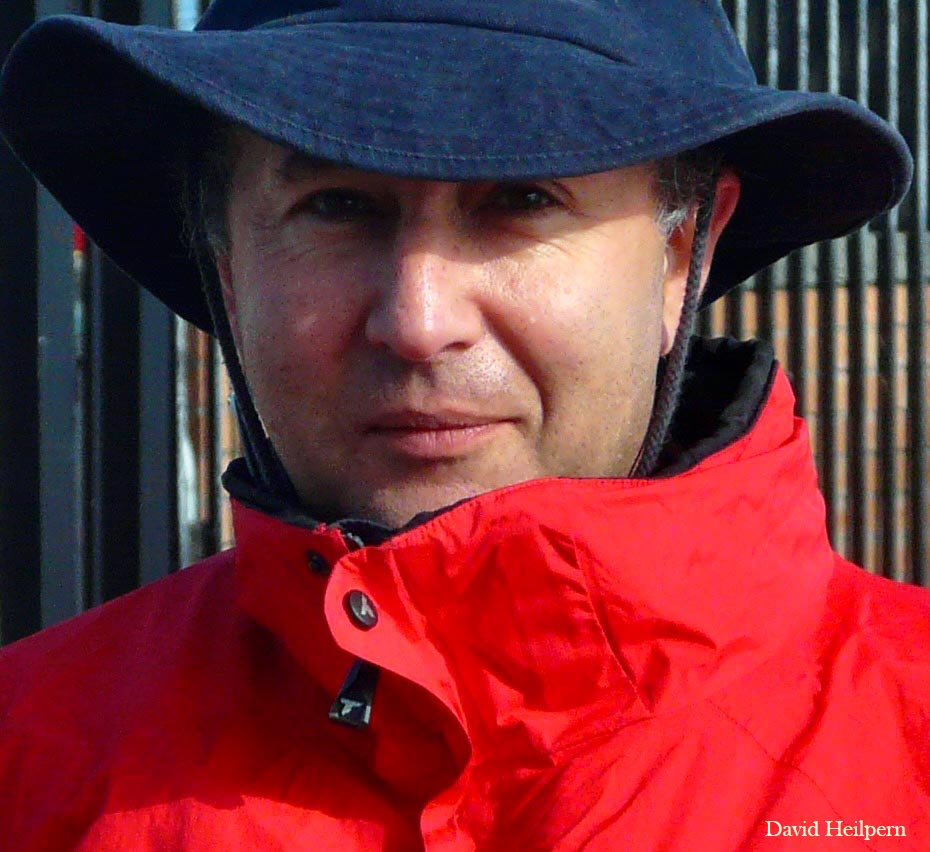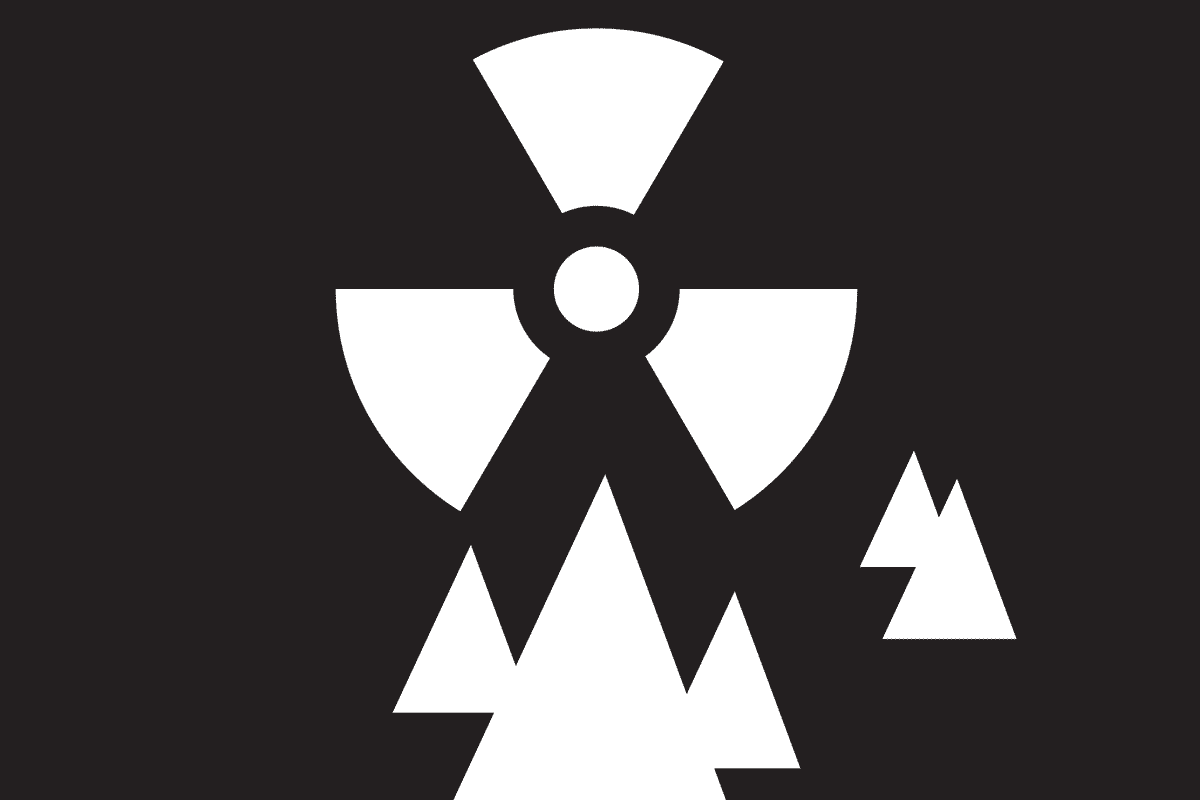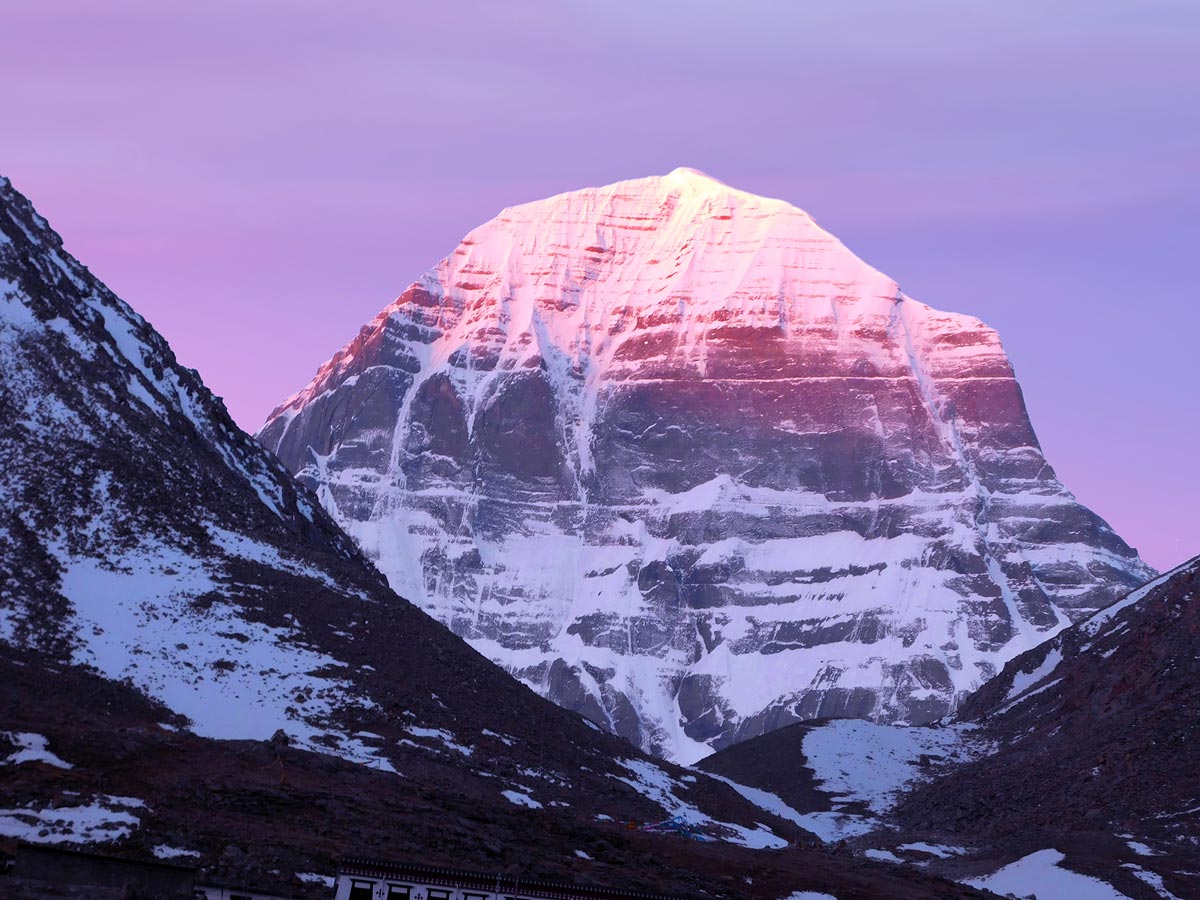I love Brunswick Heads. For forty years, my favourite spot on the east coast has been Brunz. Voting with their feet, thousands agree, making the breakwater a sacred site for whitefellas – relishing the elements: ocean, wind, sky, and sunshine in all their moods.
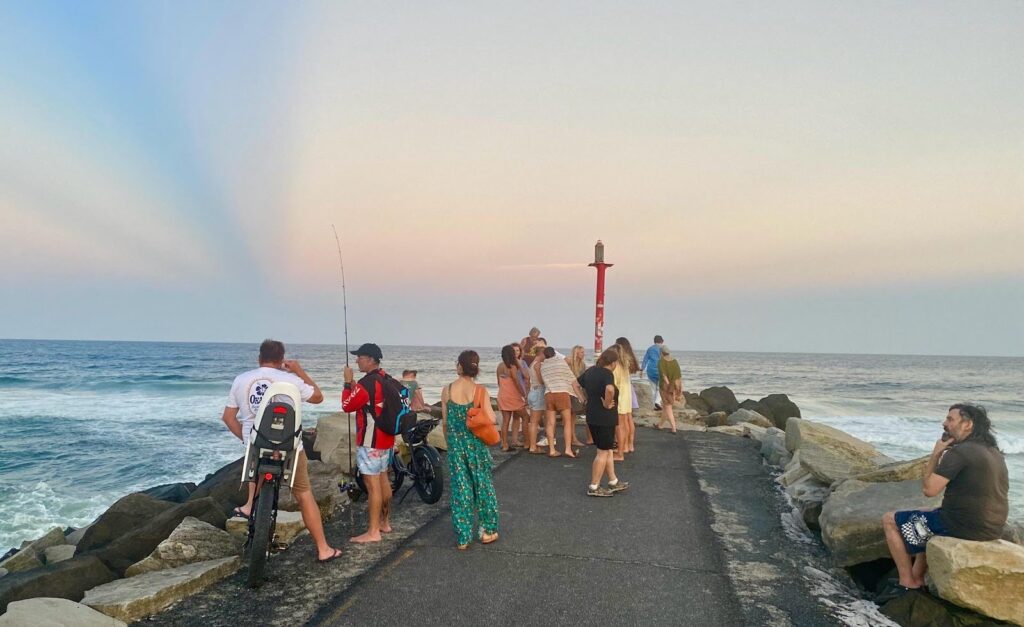
At low tide, I walk on the firm sand along the beach towards Byron Bay, beyond children, balls, Frisbees, and dogs, all enjoying the fresh air and unceasing trance-inducing rumblings of the surf, the vast Pacific on one hand, Wallum on the other.
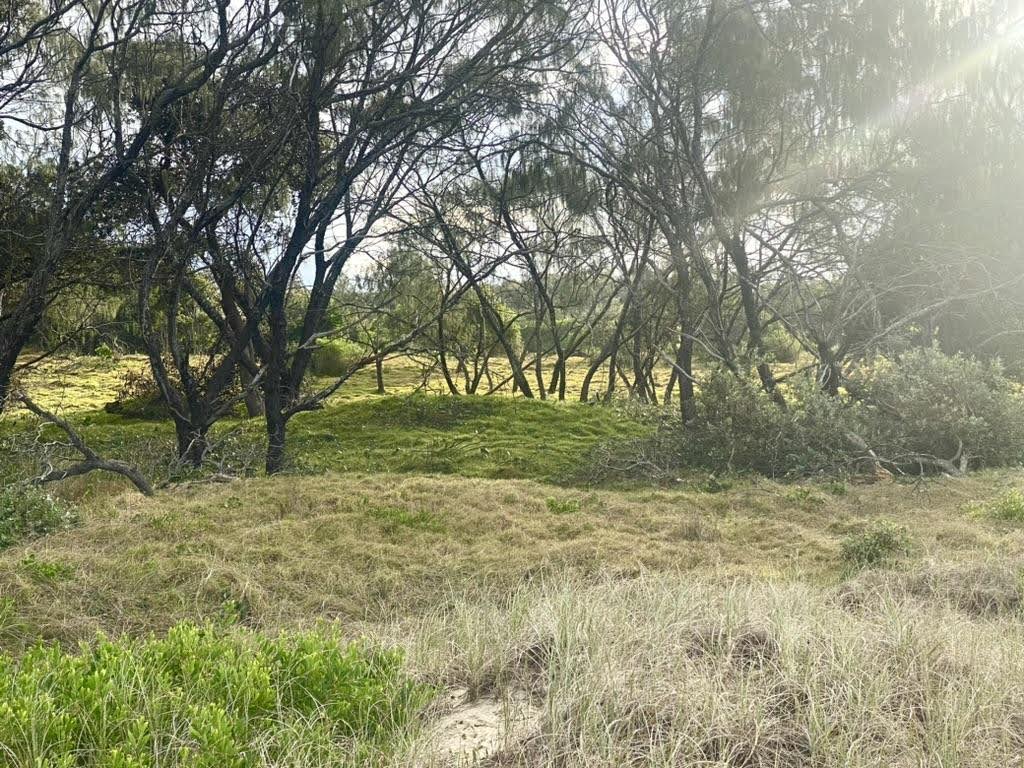
Before they got tough on camping, before they closed the sandy track south from the Surf Lifesaving Club, I sometimes slept overnight in my camper, sheltering behind the Wallum scrub, waking refreshed to morning bird sounds.
About ten years ago, arriving one evening, after dark, I found the scrub on fire. With my camper van’s tank of drinking water in the chassis, with its twelve-volt caravan pump, and a garden hose with a fine nozzle, I extinguished the fire. Yes!
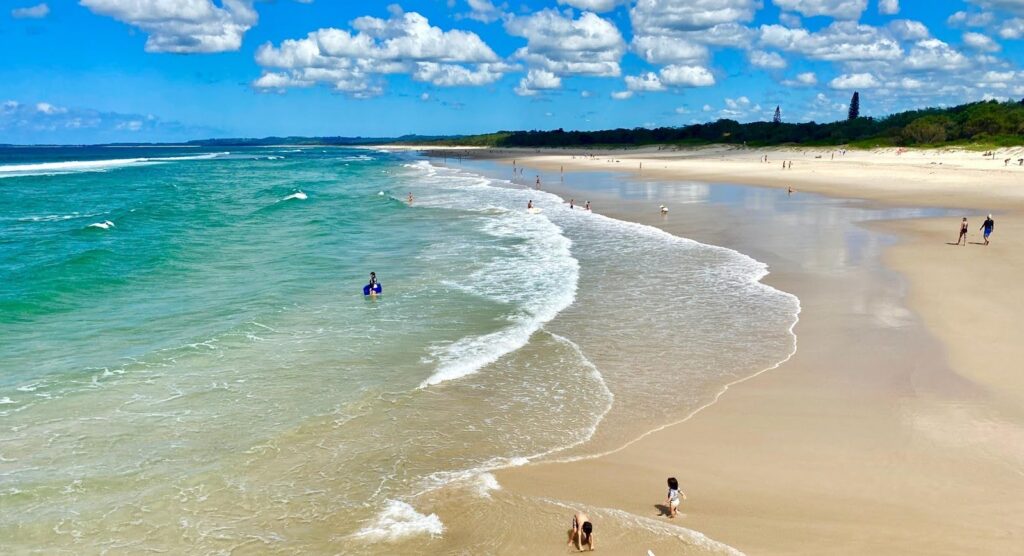
I was the first responder, because I was already on the spot, but the fire brigade arrived very soon after, albeit with the sickening information that the fire may have been lit deliberately. Degrading the bush would weaken ecological arguments against developing the site for profit.
Wallum is precious for its own sake. It has intrinsic value. It is one of the richest plant communities in the world, and supports birds, mammals, reptiles, frogs, insects, and marsupials, including our endangered, iconic Koala.
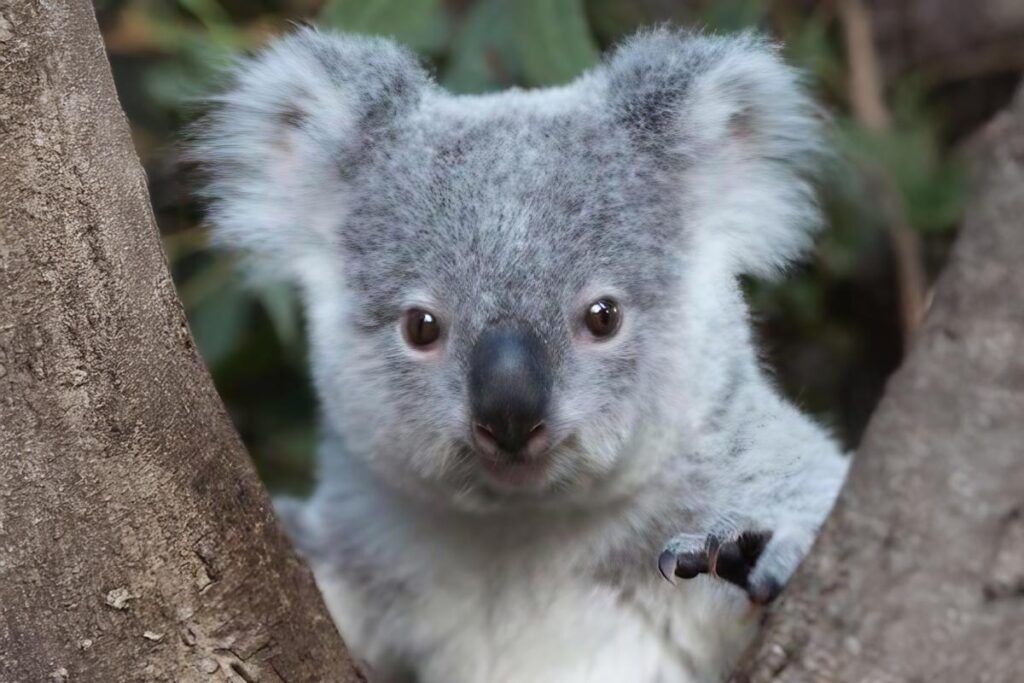
These thirty hectares, home to vulnerable and endangered species including the glossy black cockatoo, is slated for two-hundred-and-forty houses. But my little anecdote has much broader significance as a model of our global ecological crisis more generally:
First, it illustrates the ruthless onslaught of Western culture against nature. Second, that onslaught is driven by capitalism. Third, like capitalist investors, the father paid for the arson but distanced himself from the ecocidal act of lighting the fire.
This father may have been dodging possible criminal charges, but capitalism in general keeps its operatives remote from its shareholders, protecting its beneficiaries from emotional involvement and moral scruples over the damage that their investments do.
Fourth, since it was a father who paid for the arson, it implicates patriarchy. Fifth, being within a family, it indicates that our ecocidal culture is inherited. Sixth, a father giving his child money for arson, for ecocide, amounts to psychological child abuse.
The proposed Wallum development illustrates our cultural values of favouring humanity regardless of other species. Wrecking ecology, Capitalism also wrecks our psychology, our mental health. The degradation of Wallum matches the degradation of mental life.
Seventh, that the proposed Development Application for Wallum failed to observe due process, exemplifies the more general tendency to bureaucratic failure in other approvals. The invisible hand of the market does not even consider nature.
I do not know whether that developer, about ten years ago, is the same as the one now wanting to build houses where other species already live, have lived for time untold. He, his wife and his children will know.
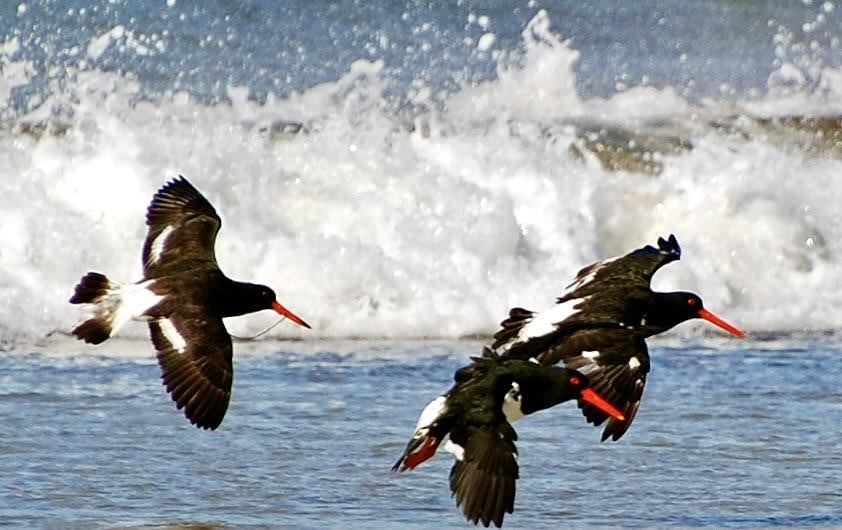
It’s a silly place to build, except for short-term profit, at the cost of other species. Will Byron Shire Council compensate buyers for the loss of their investment with sea level rise? Habitat loss is a major immediate factor in our emerging ecological crisis.
A deeper cause is the sick attitudes of a very sick culture, in which a father abuses his children psychologically, with money for arson, money for ecocide, a word first used in 1969 for the wanton destruction of nature with Viet Nam War defoliant, Agent Orange.
It is already proposed that ecocide be made a crime, to be tried in the International Criminal Court in The Hague. Sentencing, including jail for offenders, will extend to shareholders investing in companies found guilty of ecocide. Now, that’s teeth!
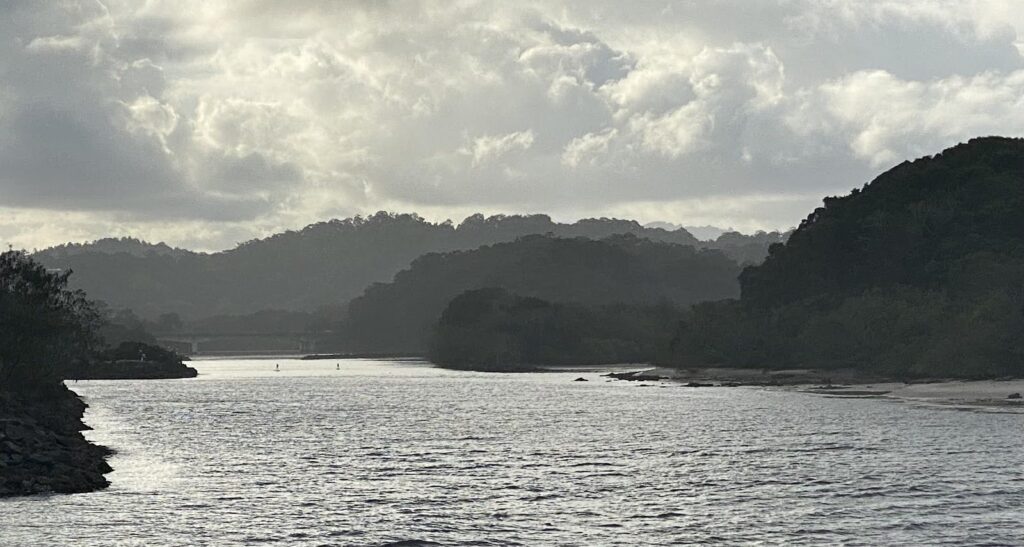
After walking the beach, I sit on a rock of the breakwater, looking up the Brunswick River. The low bridge of the Pacific Highway almost vanishes. Fading into wooded hills, the valley retains its primaeval aura of mystery, of a pristine, unspoilt land.
Brunz is still very special. Why degrade it to the ornery? What makes it special is Nature. Why destroy ‘the better end of Byron Bay’? The higher values of properties in this select enclave would compensate the Shire for potential income from extra ratepayers.
The developer would destroy the values that make Bruns attractive to his prospective buyers. With our all-but-too-late dawning of ecological awareness, Wallum could become an Australian ‘test case’ for emerging ecological values.

